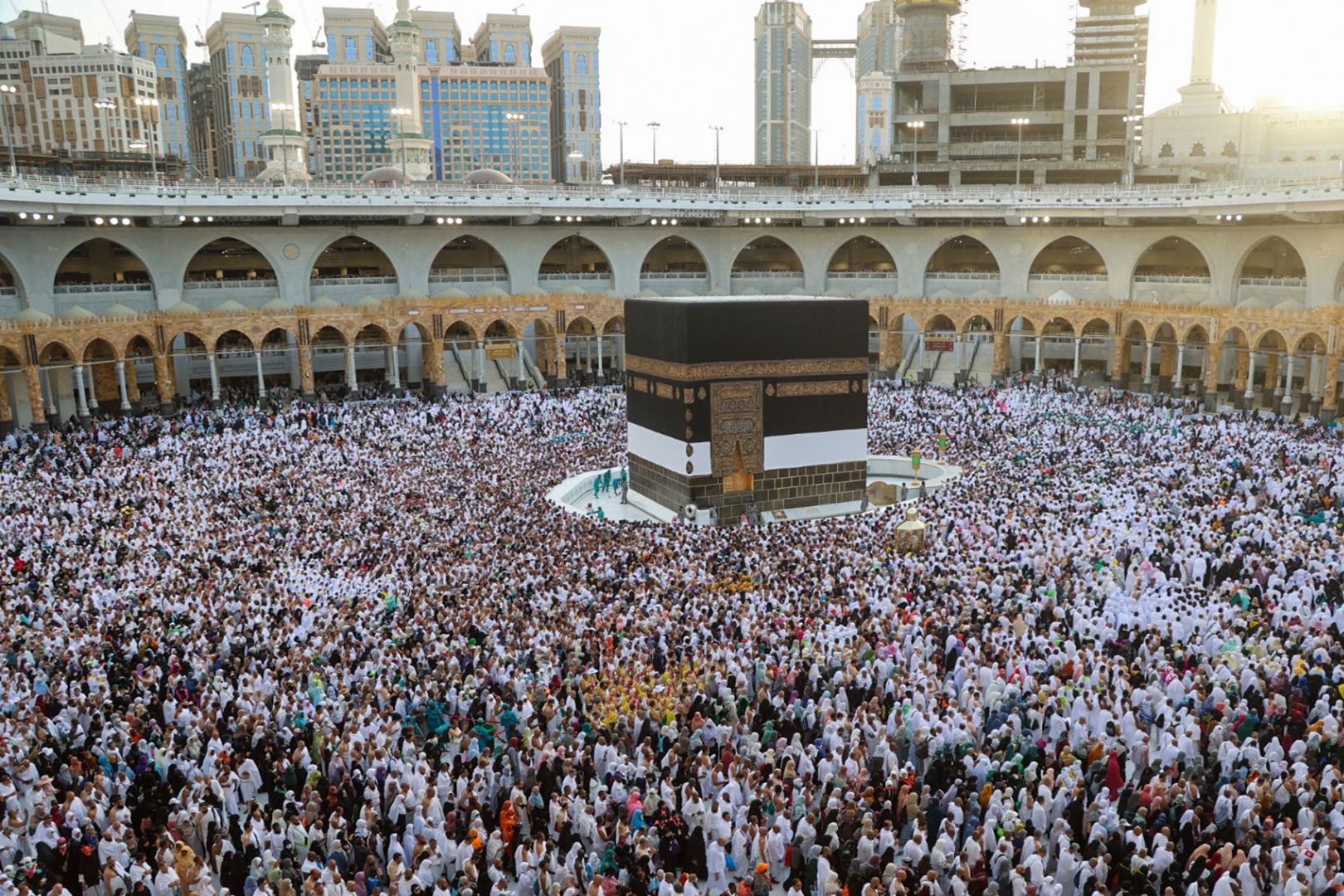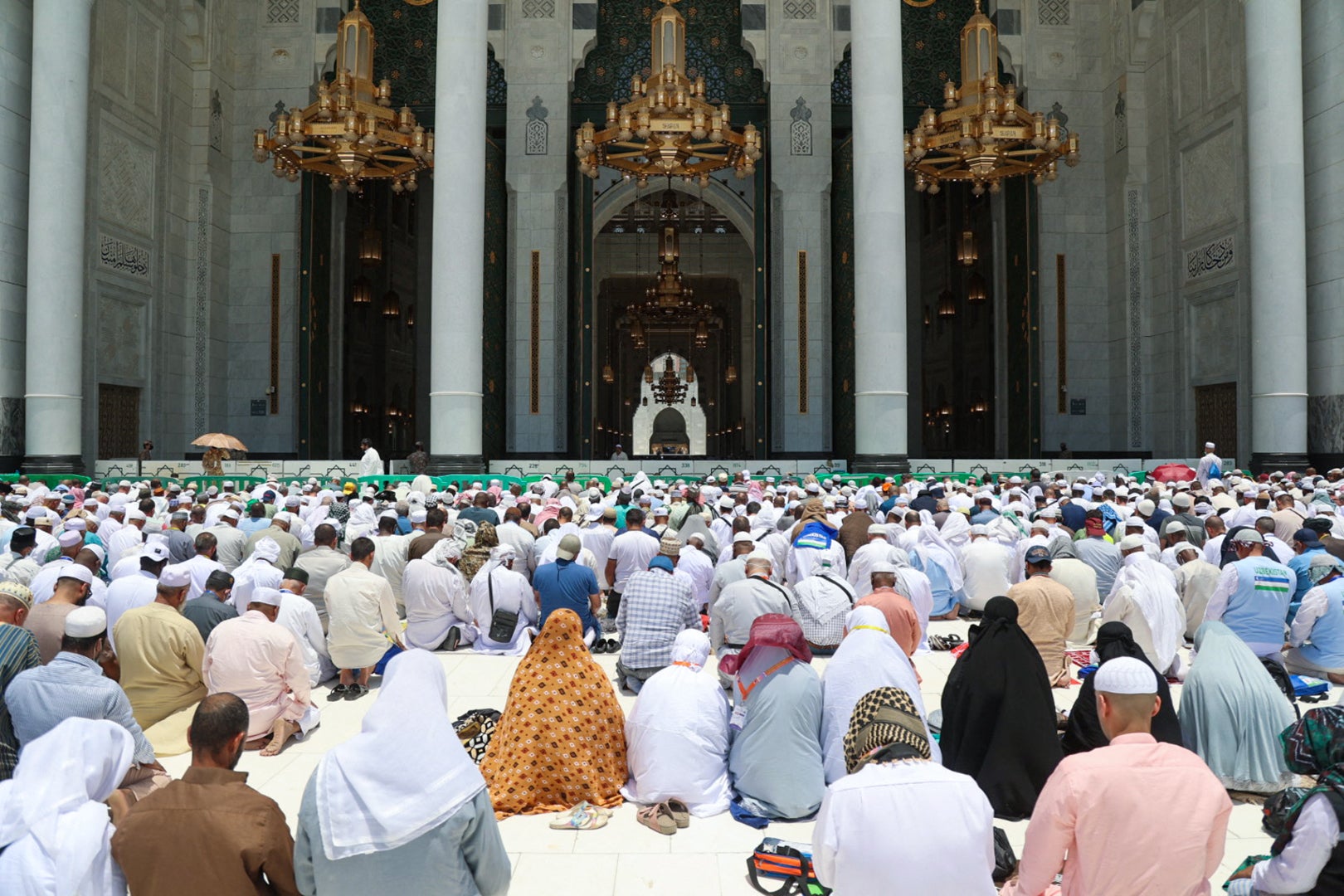
Masses of the devout have begun to fill the streets of Mecca as they prepare for Hajj – the most important event in the Islamic calendar.
One million Muslims will perform the annual Hajj pilgrimage, which starts this week, ahead of Eid-ul-Adha this weekend, a big change from recent times.
This year marks the first time in two years that Saudi Arabia has welcomed international travellers for Hajj, having closed the doors for global pilgrims during the pandemic.
Before Covid, Saudi allowed about 2.5 million worshippers to perform Hajj. But in April this year, the kingdom announced it would restrict numbers to 1 million, made up of 150,000 Saudi citizens and 850,000 Muslims from around the world.
Another new rule that was imposed is that pilgrims must be fully vaccinated against Covid-19 and under the age of 65, although the Saudi government has recently relaxed rules on wearing masks.

Saudi Arabia also made a big change to the booking process, implementing their own travel portal called Motawif, which brought an end to local travel agents organising Hajj packages.
Many British Muslims have criticised Motawif for its lack of organisation and communication, causing thousands to miss out on Hajj this year after waiting for an opportunity since 2020.
Hajj is one of the five pillars of Islam, and like Ramadan, begins at the sighting of the crescent moon.
The pillar is an obligation on every Muslim who has the physical and financial means to perform Hajj.
The pilgrimage takes place in Dhul Hijjah, the 12th month of the Islamic lunar calendar.

The official date of the Hajj starts on the 8th of Dhul Hijjah and ends on the 12th or 13th. However, Muslims begin to observe supererogatory prayers and acts of worship such as fasting from the 1st Dhul Hijjah.
This year, the Hajj will fall on 7 July and will last between five to six days. The Gregorian date for Hajj varies every year due to the shorter cycles of the lunar calendar.







